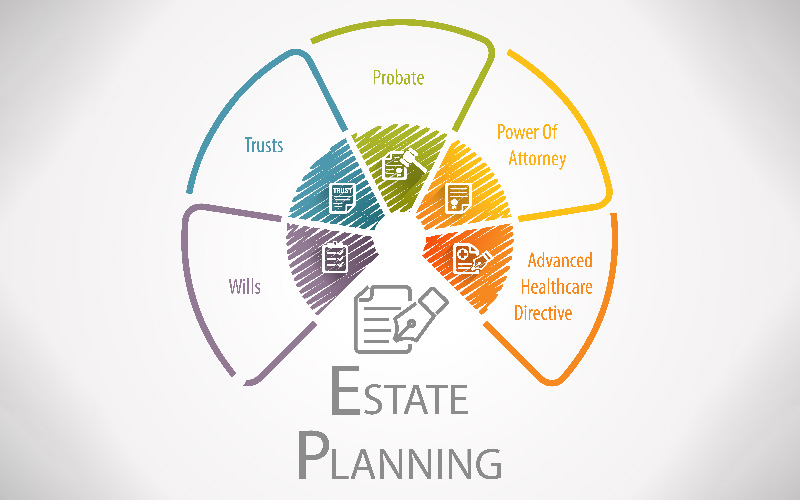From JD Supra/Sands Anderson —
When we take seemingly mundane tasks and turn them into a game – like who can pick up the toys on the floor the fastest – those tasks suddenly become more fun and easier to accomplish. The gamification process works so well that we use it to solve problems and increase motivation and productivity in many parts of our lives. Who doesn’t like the dopamine rush of winning a game?
You wouldn’t think that estate planning could afford much room for fun and games. However, some of the best estate planners I know approach the topic from exactly that direction.
Every game has a goal, and every game has a set of resources and moves available that you must expend or choose between to accomplish your goal. In chess, you position and sacrifice your own pieces to capture the enemy king. In the Settlers of Catan, one of the bestselling board games of all time, you apply your limited resources to build up settlements that gather more resources in a race to reach a certain number of victory points.
In this way, estate planning is like a game. Every single estate plan offers a fascinating opportunity to “win” for the client.
Each family I work with has its own goals. It may be protecting the children from potential divorces, creditor problems, or against possible remarriages of one spouse after the other has passed. Other times, it’s crucial to plan for special needs issues – this was the case in my own family.
Different tools are best suited to accomplish specific goals. An almost infinite array of tools can be used in a plan; wills, revocable trusts, transfer-on-death deeds, life estate deeds, beneficiary designations, and a dazzling array of different kinds of irrevocable trust.
If a client wants to protect their children from divorce, for example, I know we will use a trust of some kind in their plan – it’s by far the best and most cost-effective way to accomplish that goal. If they want to protect the family home from Medicaid spend-down, we will almost certainly use a life estate deed somewhere.
Every family also has its own set of resources. Different types of assets necessitate the use of different estate planning tools. If an estate is heavy on real estate, different options are available than if the estate is primarily retirement accounts. For families with a smaller set of resources, their goals must be accomplished using less complex and expensive tools.
As strange as it may sound, there is a lot of fun to be had in treating a plan like a game. With numerous variables, selecting exactly the right tool for the job and putting in place a plan that perfectly fits the circumstances (and the client’s budget!) is genuinely enjoyable. When the estate planner can communicate their enthusiasm to the client, it makes the entire process much more pleasant.
I have occasionally had clients express to me, unprompted, that setting up their estate plan was fun. That, to me, is high praise.
Continue reading at JD Supra/Sands Anderson

